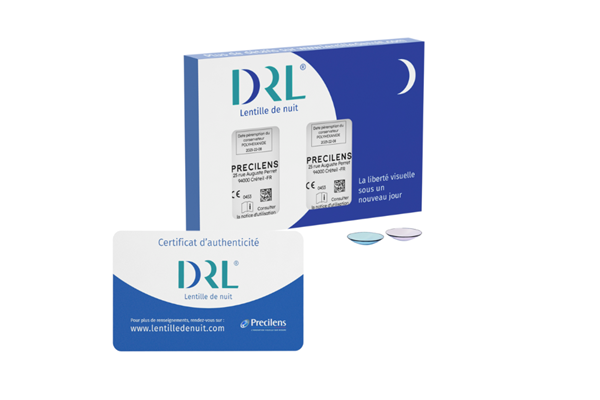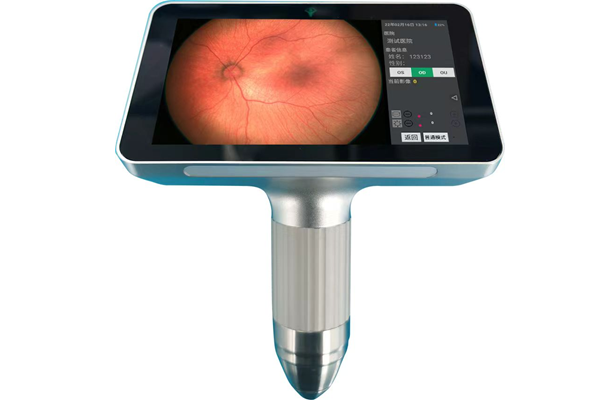联系我们
地址:上海市普陀区武威路88弄15号
邮编:200331
电话:(+86) 021-50498986
Email:info@pioneer-pharma.com
by Stacy Lawrence |
Aug 10,
2016 11:39am
Bristol-Myers
Squibb ($BMY) was aiming for a “creative” development approach to help it
develop and commercialize a small-molecule dual inhibitor of the cMET
receptor tyrosine kinase and RON immune checkpoint to treat solid tumors. It
outlicensed the candidate, BMS-777607, to Asia-focused Aslan Pharmaceutical in
2011 to that aim.
But now--almost 5
years later--the pair hasn’t made much progress. BMS-777607 (ASLAN002) has
completed a Phase I trial in which it was shown to be safe--and it demonstrated
inhibition of RON that was reflected in plasma activity biomarkers.
Still,
Bristol-Myers is buying back BMS-777607. It will pay an upfront of $10 million,
along with potential development and regulatory milestones of more than $50 million.
Aslan will also stand to receive royalties on worldwide sales.
Aslan was founded
in 2010 and has since raised about $100 million with the intention of
in-licensing preclinical and early clinical candidates from pharmas in
oncology, respiratory and inflammation disease indications.
The original deal
had given Aslan exclusive rights to develop and commercialize BMS-777607 in
China, Australia, Korea, Taiwan and some other Asian countries. The goal had
been to get through clinical proof-of-concept under a program run and funded by
Aslan that would start by targeting gastric cancer and lung cancer.
Singapore-based
Aslan, which raised $23 million from Asian investors in June ahead of an
anticipated IPO, is working to position this as a win.
“The acquisition
of ASLAN002 by Bristol-Myers Squibb supports Aslan’s strategy to in-license
investigational programmes and apply the unique development expertise of our
team to accelerate the generation of high-quality data and significantly
increase the value of a programme,” said Aslan CEO Dr. Carl Firth in a
statement. “The commercial terms of the agreement further strengthen Aslan’s
financial position following the closing of our recent financing rounds; we are
in a very strong position to continue to build our proprietary pipeline of
novel clinical programmes.”



 沪公网安备 31010702003670号
沪公网安备 31010702003670号